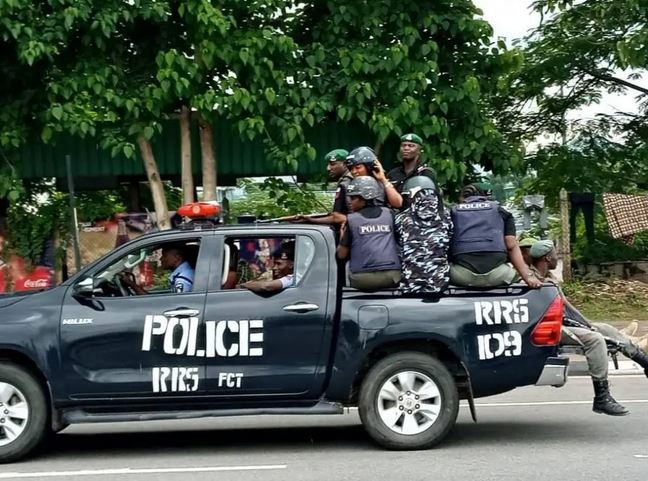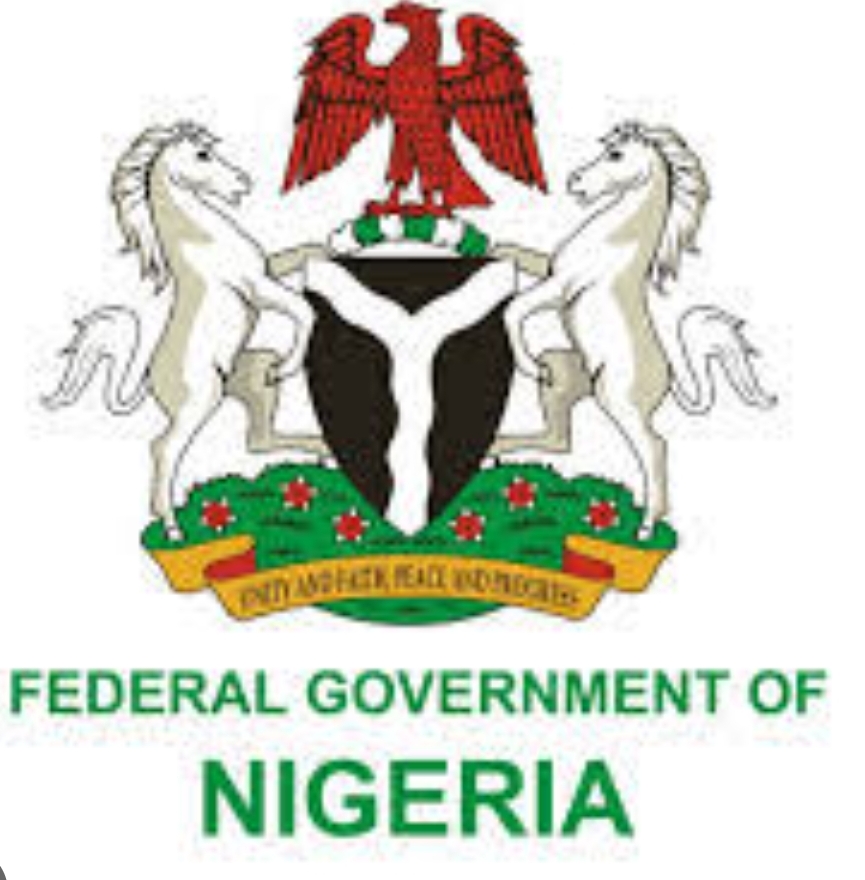The details of president Muhammadu Buhari’s meeting with the 109 Senators and 360 House of Representatives members at the Presidential Villa has emerged.
Recall that Buhari had on Tuesday night held a dinner with the lawmakers at the Presidential Villa.
This was the first time in recent history that members of the two chambers of the National Assembly would meet with the president at the State House.
What President Buhari Told The Lawmakers
During a dinner held at the State House Conference Centre, President Buhari expressed the readiness of his administration to use everything within its powers to end insecurity in the country and bring perpetrators of criminal activities to book.
He said ‘‘Insecurity, manifesting as insurgencies, banditry, kidnapping and urban crime of all sorts is the single most difficult challenge we face today.’’
Buhari expressed concern that insecurity had inhibited government’s ability to build infrastructure, provide the much needed social services to the people and to attract investments that drive innovation, create industries, and provide jobs and create wealth.
‘‘Some of the people who perpetrate these various manifestations of insecurity do so for profit, others, in the name of discredited ideologies.
‘‘Whatever their motivations may be, their actions are an existential threat to our country. In the circumstances, we must do everything within our power, without consideration of distractions, to put an end to their activities and bring them to book.
‘‘We cannot allow ourselves to be distracted from this objective, or waver in our commitment, and I am confident that together we will triumph in our present efforts,’’ he said in a statement issued by his spokesman, Femi Adesina.
President Buhari, who lauded the 9th National Assembly for discharging their legislative duties with maturity and competence, described the legislature as ‘‘full partners in national development.’’
He particularly commended the minority parties in the legislature for their cooperation and support for government programmes.
‘‘Our ability to govern in the best interests of the Nigerian people depends to a great deal on effective collaboration and partnership between the Legislature and the Executive.
‘‘The obligation to check and balance each other is not an invitation to conflict and it should not be characterised by quarrelsome disagreement when consultation, engagements and compromise have proven time and again to be a more effective approach.
‘‘In the 9th Assembly, you have distinguished yourselves by your conduct in office, by the scale and quality of your legislative interventions and by your capacity for engaging with the difficult questions facing the country with maturity and competence,’’ he said.
The president, while commending the leadership of the National Assembly under Senate President Ahmad Lawan and Speaker of the House of Representatives, Femi Gbajabiamila for their dedication through challenging times, told the legislators: ‘‘You have also, succeeded in overcoming the political and other obstacles that have for two decades, inhibited the much-needed reforms of our oil and gas industry, resulting now in the passage of the Petroleum Industry Bill (PIB).”
Senate President, Ahmed Lawan Speaks
While speaking, Senate President Ahmad Lawan said the dinner was beyond eating as the purpose was to bring together the arms of government that had worked so closely.
According to him, since the beginning of the Fourth Republic in 1999, no government was so challenged by a paucity of funds and myriads of other challenges facing the country.
He said although members of the National Assembly belonged to different political parties, they worked in brotherhood, standing together and ensuring that they were able to deliver when necessary.
Lawan noted that the Senate and the House of Representatives had worked together seeing to the demolition of the “demons” that stopped the passage of critical bills such as the PIB and others in the past.
He said the legislators worked as Nigerians and as people who were there to ensure the good governance of the country.
He stressed the need for more money for security as he noted that “There is no better investment in Nigeria today than investment in security,” hoping that security would have more money in the 2022 budget.
Lawan observed that the nation’s economy survived many shocks because the legislature passed the national budgets in time in the last two years.
Speaker House Of Reps, Femi Gbajabiamila Gave Remarks
In his remarks, Gbajabiamila said it was a delight that they could sit with executive, not over official matters but to eat.
He said he was proud of House members, singling out opposition members who he said were engaging in constructive opposition “as they watch their number deplete.”
“As we move towards 2023, I hope their colour will change. I wait on them.”
He praised the effort of the National Assembly especially on the passage of the PIB, assuring that before the National Assembly goes on break on Thursday, the Electoral Act amendment would be passed.
Legislators from all political parties in the legislature were invited to the event. It was the first time members of the National Assembly from across parties would be hosted by the president in the presidential villa.
President Buhari had previously hosted the leadership of the legislature and only members of the ruling APC from time to time.
Also present at Tuesday’s occasion was Vice President Yemi Osinbajo, the Secretary to Government of the Federation (SGF), Mr Boss Mustapha, ministers and other senior administration officials.
Lawmakers Presented 19-point recommendations To President Buhari
The report recommends immediate enhanced training for the police mobile unit to improve their capacity to deal with insecurity.
It recommends that “A special team of 40,000 Police Mobile Unit officers should undergo this special training. 1,000 should then be deployed to every state for immediate operations. North East, South West, South East can receive the officers remaining out of the 40k.”
The committee recommends that the executive “Creates a new team under the Nigeria Police Force (NPF) to train and work with the guards of Nigeria’s forest. This unit will collaborate with the current forest guards who will remain under the control of States.
“Encourage the Intelligence Agencies (working with the National Security Adviser and the Chief of Defence Staff) to initiate a screening and vetting program of all frontline officers of the Nigerian military to fish out moles and double-agents who have so far compromised most efforts at combating insecurity and win the war against insurgents and terrorists.”
The committee further recommended that the executive should strategically initiate a “Presidential police reform initiative that will be resident in one central place within the Presidency.”
“Also, an operational specialised unit should be established within the NPF to champion and drive all the change initiatives (based on a Presidential Policing Reform Roadmap) from within the institution,” it added.
The House also recommended the direct use of the Nigerian Police Trust Fund to procure some of the immediate equipment needed by the rank-and-file police officers in Nigeria.
It added that the intervention will include the procurement of modern critical equipment for the Nigeria Police Force as specified by the leadership of the NPF.
It also called for consideration to use Private Defence Contractors for targeted security operations to combat insurgency and terrorism especially.
The report also urged the executive to use all means at its disposal, while legislation is pending, to require the creation of a protocol that will compel intelligence sharing among all security agencies.
The report also recommends the deployment of Early Warning Systems nationwide including installation of CCTV cameras and other surveillance, satellite and electronic equipment along major highways, public places, and major cities and borders.
“Establish and strengthen a National Crisis Centre (NCC) within the Nigerian Police. The NCC will be the national coordinating centre for all civil security response actions and monitoring of resolutions of such with monthly reporting on all incidents. It will also be the central place for any Nigerian to report major security incidents.
“Through an Executive Order, initiate a Civilianisation program in all our security agencies. This should compel the agencies to use civilian staff to perform most back-office and non-tactical duties. This initiative will free up thousands of security personnel for frontline duties immediately.
“Encourage and resource the National Orientation Agency and the Federal Ministry of Information to begin a structured strategic Communication and orientation campaign using all available media channels and platforms to promote peaceful coexistence and national unity.
“Support for the creation of Local Security Committees in all 774 Local Government Areas. This panel should include traditional rulers, religious institutions, and local opinion leaders. This should be managed by the NPF as part of its Community Policing mandate.
“The use and development of grazing reserves and ranching should be pursued in lower population areas. Pilot schemes should commence immediately in all states that are positively disposed to it.”









